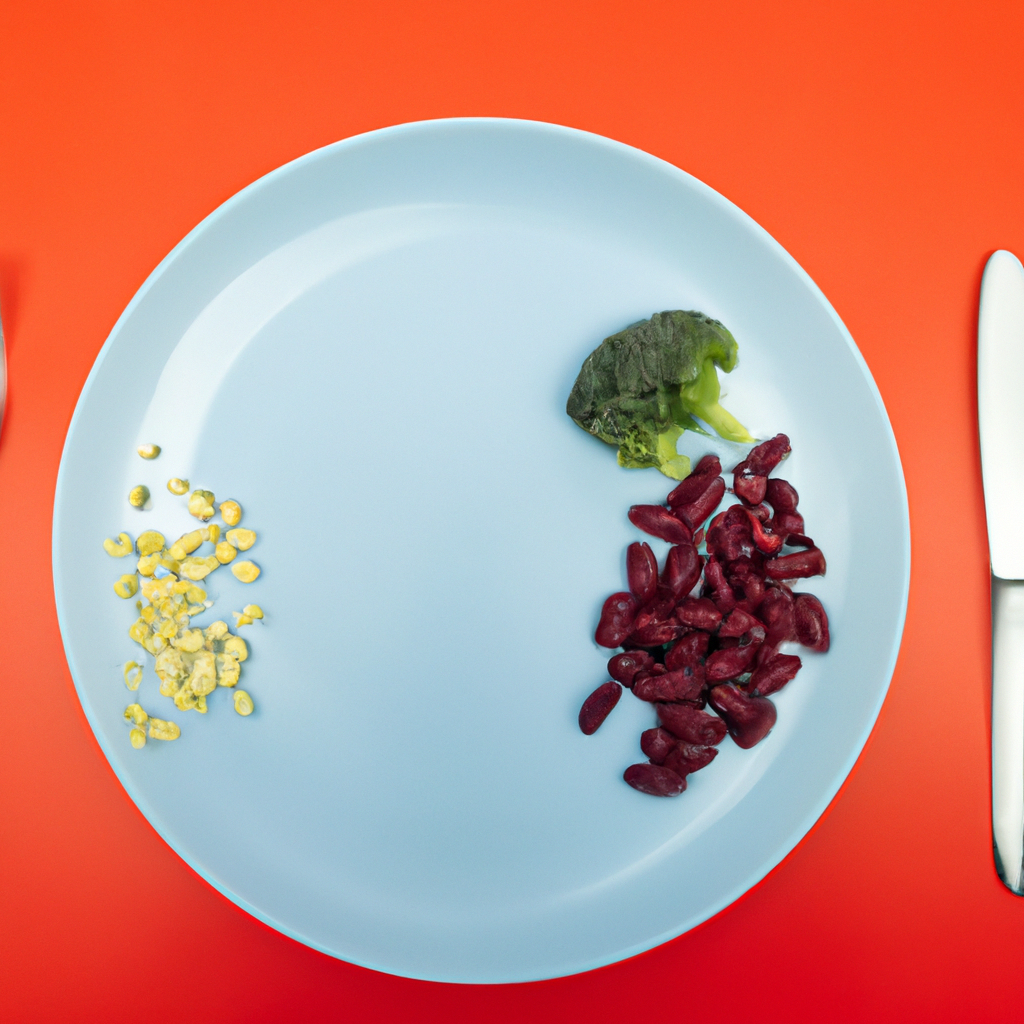Can You Gain Weight With Stress
In our fast-paced and demanding lives, stress has become an unavoidable part of our daily routine. But did you know that stress can potentially lead to weight gain? Yes, you heard it right! The link between stress and weight gain has been a subject of interest for many researchers. Exploring this connection, this article delves into the fascinating phenomenon of How stress can affect your weight and provides some insights on how to manage stress in order to maintain a healthy lifestyle. So, buckle up and get ready to discover the surprising relationship between stress and weight gain!
Can You Gain Weight With Stress

Understanding the Relationship Between Stress and Weight Gain
Stress is a common part of life and can affect us in various ways. While it is widely known that stress can impact our mental and emotional well-being, it may also contribute to physical changes, including weight gain. Understanding the relationship between stress and weight gain can help us better manage our overall health.
The Role of Cortisol in Weight Gain
One key factor in the stress-weight gain connection is cortisol, often referred to as the “stress hormone.” When we experience stress, our bodies release cortisol as part of the natural stress response. cortisol can increase appetite, particularly for sugary and fatty foods, which can lead to overeating and weight gain over time.
Effects of Stress on Eating Behavior
Stress can significantly influence our eating behavior, leading to changes in our food choices and consumption patterns. Some individuals may turn to food as a way to cope with stress, seeking comfort or distraction in unhealthy snacks. Moreover, stress can disrupt our regular meal schedule, causing us to skip meals or opt for convenient, but often less nutritious, options.

Stress and Cravings
Ever noticed how you have particular food cravings when you are stressed? Stress triggers cravings for high-calorie, sugary, and fatty foods. These cravings are often driven by the release of certain neurotransmitters, such as dopamine, which provide temporary pleasure and comfort. Unfortunately, indulging in these cravings can contribute to weight gain and a cycle of stress-driven overeating.
Stress-Related Hormonal Changes
In addition to cortisol, stress can influence other hormones involved in appetite regulation, such as ghrelin and leptin. Ghrelin is the hormone that stimulates hunger, while leptin signals fullness. Chronic stress can disrupt the balance of these hormones, leading to increased appetite and decreased satiety, further promoting weight gain.
Impact of Stress on Metabolism
Stress can also affect our metabolism, the process by which our bodies convert food into energy. High levels of stress can slow down our metabolism, making it more challenging to burn calories efficiently. This slowed metabolism makes it easier for those extra calories from stress-induced overeating to be stored as fat, contributing to weight gain.
Stress and Emotional Eating
Emotional eating is a common response to stress, where we use food as a way to cope with emotional distress. When we are stressed, we may seek comfort and temporary relief in food, often choosing high-calorie options. Emotional eating can become a habit, leading to weight gain over time if not properly addressed.
How Chronic Stress Affects Weight
While short-term stress may have minimal effects on weight, chronic or long-term stress can significantly impact body weight. Prolonged exposure to stress can disrupt our eating habits, alter hormone levels, and affect metabolism, all contributing to weight gain. Moreover, chronic stress can lead to a higher risk of developing conditions such as obesity and metabolic disorders.
Stress, Sleep, and Weight Gain
Stress and sleep are closely interconnected, and both play a vital role in maintaining a healthy weight. Stress can disrupt our sleep patterns, making it harder to get quality sleep. Lack of sleep can, in turn, contribute to weight gain by affecting hormones that regulate appetite, increasing cravings, and promoting overeating. It’s essential to prioritize both stress management and adequate sleep for weight maintenance.
Strategies to Manage Stress-Induced Weight Gain
While stress may seem unavoidable in our lives, there are several strategies we can incorporate to manage stress-induced weight gain effectively:
- Identify Stress Triggers: Become aware of what triggers stress in your life and develop strategies to minimize or manage those triggers.
- Practice Stress Management Techniques: Engage in activities that help you relax and reduce stress, such as exercise, meditation, deep breathing, or spending time in nature.
- Establish Healthy Coping Mechanisms: Instead of turning to food for comfort, explore other healthy coping mechanisms like journaling, engaging in hobbies, or seeking support from loved ones.
- Prioritize Sleep: Create a relaxing bedtime routine, ensure a comfortable sleeping environment, and aim for 7-8 hours of quality sleep each night.
- Eat a Balanced Diet: Focus on consuming nutrient-dense foods that nourish your body and provide essential vitamins and minerals. Ensure you have regular, balanced meals to avoid overeating due to stress.
- Exercise Regularly: Physical activity not only helps manage weight but also reduces stress levels. Find activities you enjoy and make exercise a regular part of your routine.
- Seek Professional Help: If stress and its impact on weight gain become overwhelming, consider consulting a healthcare professional or therapist who can provide guidance and support.
In conclusion, stress can indeed contribute to weight gain through various mechanisms such as cortisol release, alterations in eating behavior, hormonal changes, and metabolic effects. However, by understanding this relationship and implementing effective stress management strategies, we can mitigate the impact of stress on our weight and overall well-being. Remember, taking care of your mental and emotional health is just as important as maintaining a healthy weight, so prioritize self-care and seek support when needed.
